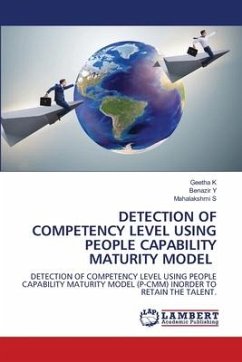This book investigated the effect of Dynamic capability to technology adoption for improving firm's performance. The four determinant factors have been identified are externalities, entrepreneurial leadership, resources readiness, and absorptive capability. Using an empirical research at utility industry this study found that there is positively significance relation among the determinant factors, and the technology adoption is proven for a mediating factor of dynamic capability to the firm performance. It shows the three path ways of technology adoption for improving firm's performance. However all those ways show that only absorptive capability - as a dynamic capability at firm level - has direct significant effect to technology adoption. Hence the successful technology adoption in firm can be only achieved by excellent absorptive capability with supporting from other three determinant factors. Without such dynamic capability for managing the resource, technology adoption will be less effective and does not enhance firm's performance. This book also proposes a 3D technology adoption organization matrix explaining eight levels of technology adoption in firm (organization).








